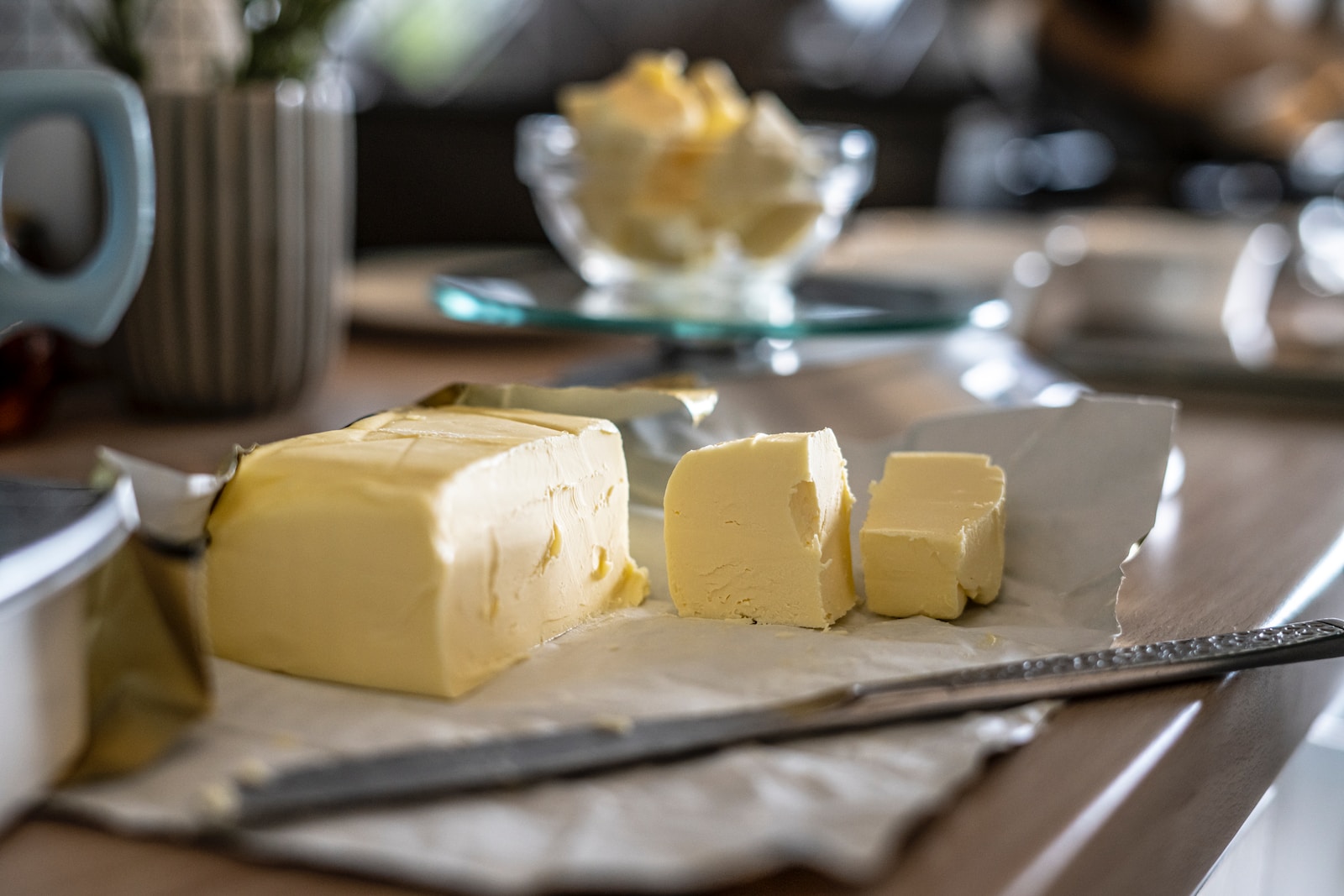
Which was the bigger discovery
Garlic bread is a delicious bread and a staple on Italian tables and in the Olive Garden. The combination of both is a delight for the tongue, taste buds and stomach. But what was the bigger discovery – butter or garlic?
Over 8 million tons of butter are consumed worldwide every year. And the United States produced about 1.06 million tons of butter in 2022, up from 676,000 tons in 2005. In 2021, global garlic production was 28 million tons, with China alone accounting for 73% of the total. Garlic consumption in the United States has more than tripled since 1980 and is now about 2.5 pounds per capita. Approximately 24,000 to 26,000 acres of garlic are grown annually in the United States, with total production around 200,000 tons.
RELATED: What is California Sober?
“The discovery of butter is undoubtedly the more important discovery, enabling enormous advances in flavor and texture possibilities in both sweet and savory preparations. Don't get me wrong, garlic is delicious, but if you replace it with another ingredient in most recipes, the result is still delicious. Try substituting butter and people start complaining. I would say it speaks for itself,” said noted chef and educator Justin Khanna.
Photo by Brodie Vissers via Burst
Butter has many uses, including as a condiment or melted for frying or coating. Butter is also used in baking, for example in cakes and pastries or to enrich sauces. Garlic is mainly used to give the dish a distinctive flavor.
“Shallots are for babies; Onions are for men; Garlic is for heroes.” Unknown
Records show that garlic has been cultivated in Mesopotamia for at least 4,000 years. The use of garlic in China and Egypt also goes back thousands of years. Well-preserved garlic was found in the tomb of Tutankhamun (King Tut) and used by the Greeks and Romans.
“Garlic is the ketchup of the intellectuals.” Unknown
According to author Elaine Khosrova, butter dates back to Neolithic Africa in 8,000 BC. BC. A later Sumerian tablet from around 2,500 BC. BC describes the process of making butter, which begins with milking the cow. Contemporary Sumerian tablets identify butter as a ritual offering.
In the Mediterranean, unclarified butter, unlike cheese, spoils quickly, meaning the milk's nutrients are not retained. The ancient Greeks and Romans seemed to have viewed butter as a food more suited to northern barbarians. In a play by the Greek comedian Anaxandrides, the Thracians are referred to as Boutyrophagoi, “butter eaters”. In his Natural History, Pliny the Elder calls butter “the most delicate food among barbarous nations” and then describes its medicinal properties.
RELATED: How to be discreet when using weed
In an informal poll, butter easily outperformed garlic, with more men voting for butter. Surprisingly, they pointed to the complexity of producing the dairy product and not just finding garlic.
Technical engineer Brandon in Seattle summarizes his thoughts: “Because there was a process that needed to be discovered.” That includes animal husbandry.”

Post a comment: